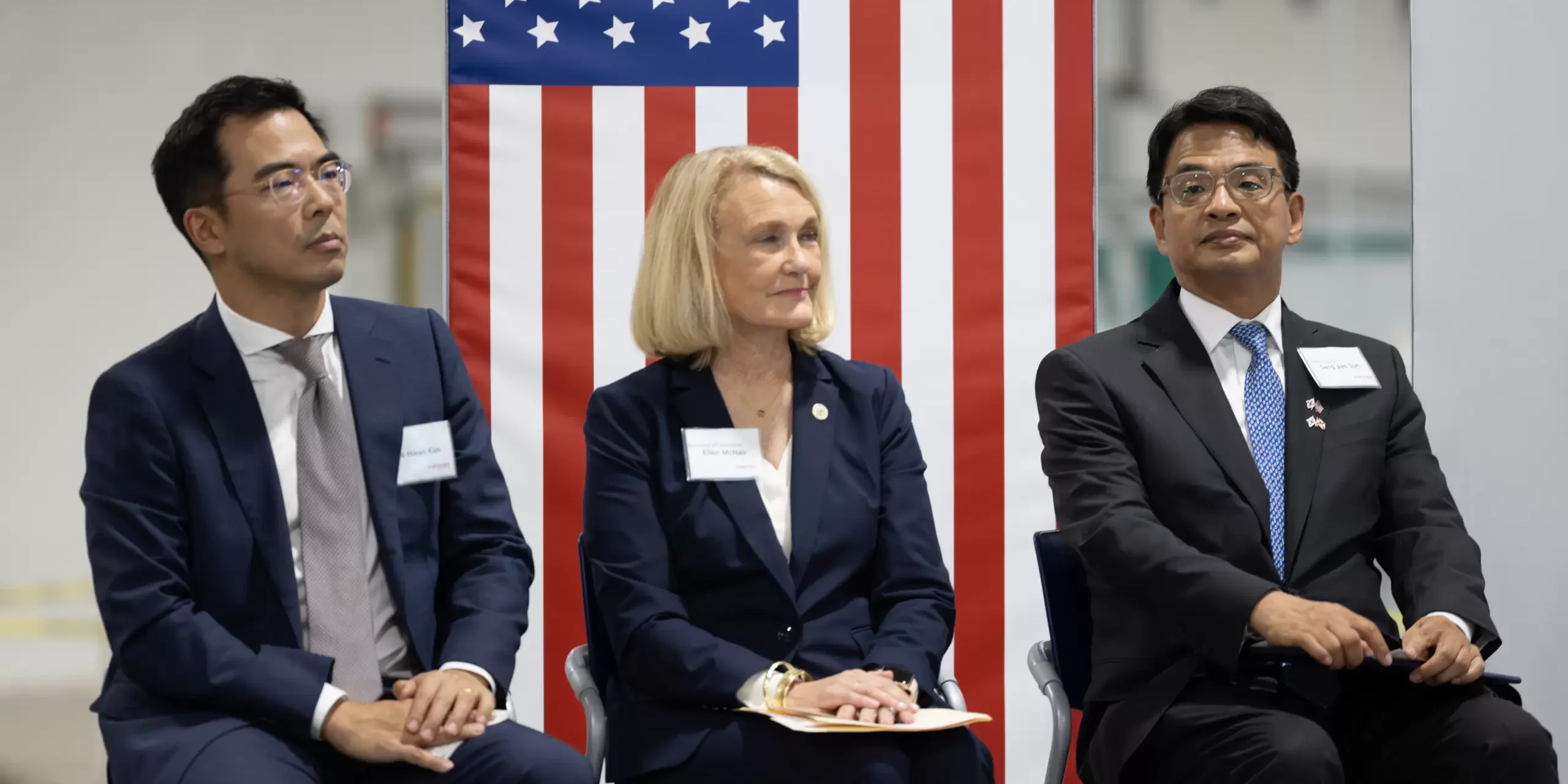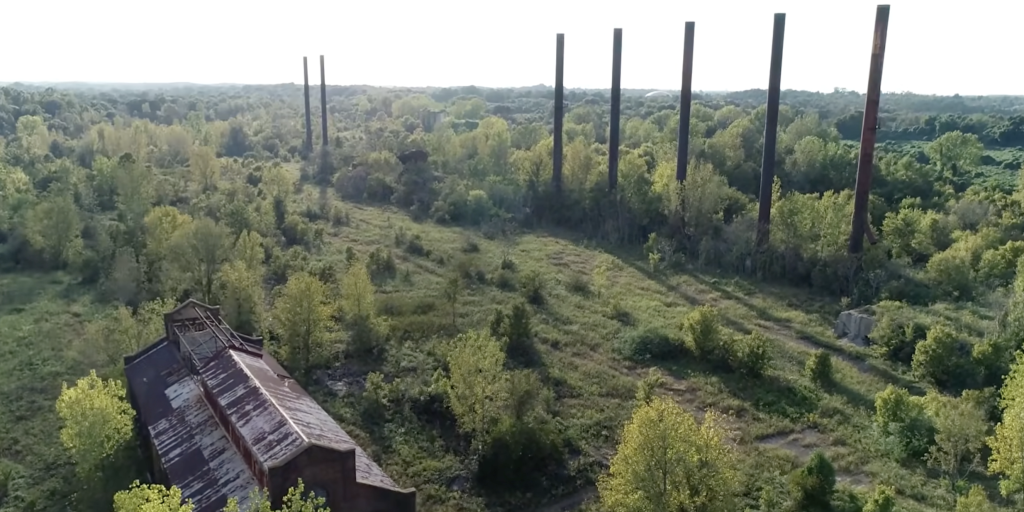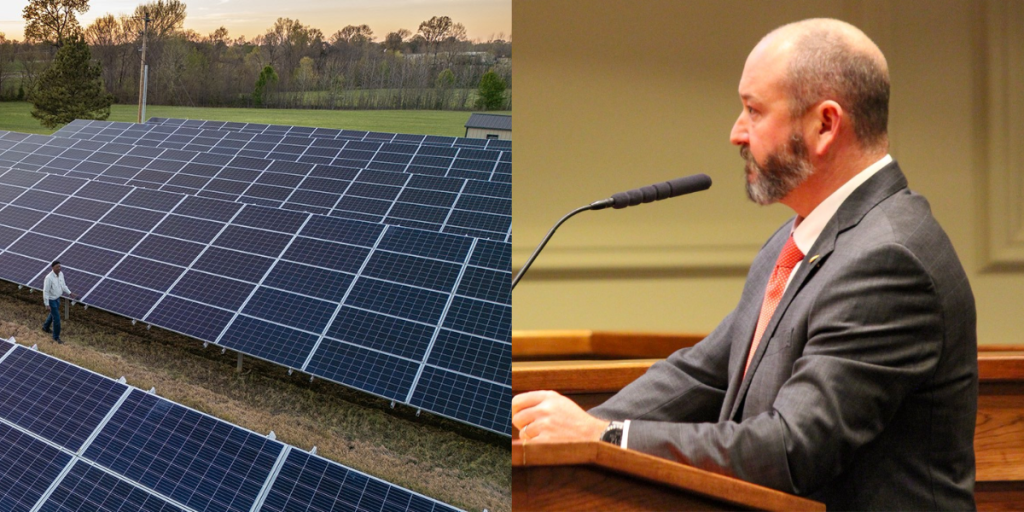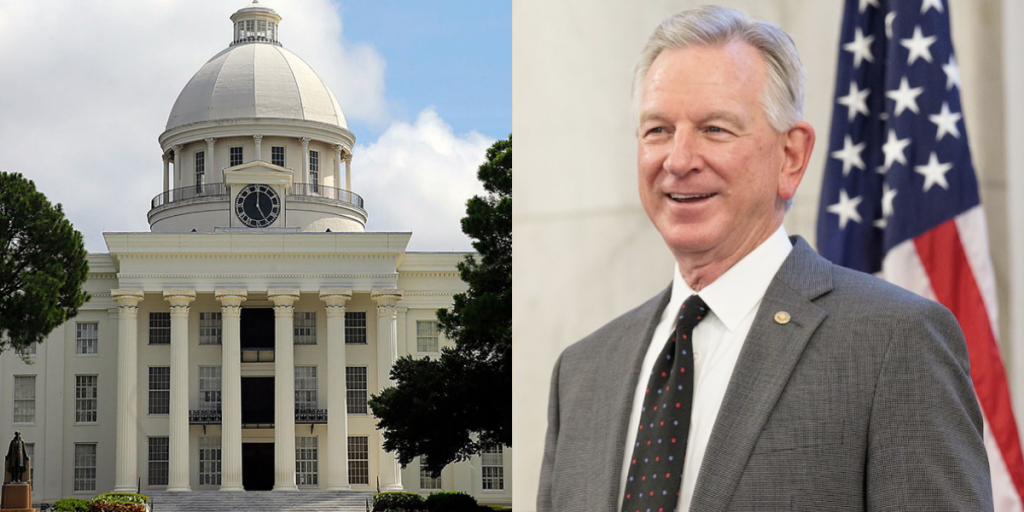Alabama’s rural communities are on the brink of significant economic expansion, fueled by strategic investments and targeted policies designed to create jobs and enhance infrastructure.
“To ensure that we expand opportunities everywhere, my administration is committed to helping spark revival and growth in the state’s rural communities,” Governor Kay Ivey said. “While there is much work to be done, we believe we are making progress in this important endeavor.”
Take a look at Coffee County in Southeast Alabama, where Kansas-based Sunbelt Solomon Services, one of the world’s largest providers of commercial and industrial electrical distribution equipment, is opening a facility to repair and recycle electrical transformers.
At a site in Elba, the company is investing over $5 million and creating 50 jobs initially, with plans for more as operations grow.
Jesse Quillen, executive director of the Wiregrass Economic Development Corp., said Sunbelt Solomon’s investment project will have a major impact on the community of 4,000 residents.
“The new jobs, new capital investment and new energy provided by Sunbelt Solomon are all incredibly important and attractive for Elba citizens,” he said when the project was announced.
And in nearby Enterprise, a $5.7 million state site development grant is helping to accelerate the development of an industrial park that will allow the city to pursue large-scale corporate growth projects. The Enterprise Commerce Park, as it’s being called, will be an $8.5 million project, including a $2.8 million contribution from the city.
With similar stories playing out in other communities, here’s a snapshot of the latest developments driving growth across rural Alabama.
New investment surge
Since 2020, rural Alabama has attracted substantial investment, totaling an estimated $5.8 billion. This influx has led to the creation of over 7,000 jobs, breathing new life into these communities.
In 2023 alone, companies announced growth projects valued at $1.7 billion in Alabama’s rural areas, setting the stage for almost 1,700 new jobs in communities including Ozark, Eufaula, Fayette and Jackson County’s Hollywood.
This momentum aligns with the Alabama Department of Commerce’s enhanced focus on rural development, highlighted by the appointment of Brenda Tuck as the state’s first Rural Development Manager.
Visit the RurAL website.
Major projects on the horizon
During 2023, several high-impact growth projects landed in Alabama’s rural communities. Consider:
- Sierra Pacific Industries: This California-based company is set to expand high-end window and door production with a $60 million manufacturing campus in Phenix City, creating 300 jobs.
- Samkee Corp.: In a major win for Macon County, South Korea-based Samkee Corp. invested $128 million to build its first U.S. factory in Tuskegee, which is expected to employ over 170 people at full production.
- Resicum International LLC: Virginia-based Resicum is opening an aviation training academy at Craig Field in Selma, investing $1.3 million and creating 70 jobs over three years.
“The conditions for growth are ripe in rural Alabama, and we are committed to ensuring that these communities reap the rewards of new investments and good-paying jobs,” said Ellen McNair, Secretary of the Alabama Department of Commerce.
Hub for sophisticated products
Rural Alabama is not just about agriculture; it’s a growing hub for high-tech and unique products.
Examples include batteries for Mercedes-Benz EVs, assembled in Bibb County; doppler radars manufactured in Coffee County, and hypersonic technologies produced by Lockheed Martin at a “digital factory” in Lawrence County.
Even Jack Daniel’s whiskey barrels are crafted in Lawrence County, showcasing the diverse industrial capabilities of rural Alabama.
“One thing that is often overlooked is that rural Alabama is a place of great innovation and industry,” said Tuck, who became Commerce’s Rural Development Manager in late 2019.
“But the fact is that Alabama’s rural counties are home to many of the world’s best-known companies and thousands of skilled workers and talented artisans creating first-class products.”
Foreign direct investment
Foreign direct investment (FDI) has long played a pivotal role in the economic growth of Alabama’s rural counties, with nearly $1.9 billion invested in rural regions between 2015 and 2023.
Countries like South Korea, Canada, Japan, and Germany have been major contributors, particularly in the auto industry, exemplified by Samkee’s new plant in Tuskegee.
During 2023 alone, rural Alabama attracted $285 million in new FDI, along with 185 job commitments. South Korea was responsible for a lion’s share of that total — $151 million — and all it poured into Alabama’s auto industry.
Rural communities benefiting from FDI projects launched last year include Selma, Greenville, Luverne and Cussetta, according to the Commerce data.
Broadband expansion
Expanding high-speed internet access across rural Alabama is critical to sustaining this growth.
As of March 2024, Alabama has awarded over $501 million in broadband expansion grants, much of it in rural areas. This funding is part of the state’s “Be Linked Alabama” initiative, which is expected to provide high-speed internet access to nearly 127,000 households and institutions across the state.
This initiative is a major push to ensure that all Alabamians, regardless of their location, have access to reliable internet services, which is increasingly crucial for education, healthcare, and economic development.
Other investments, like a $230 million project by Meridiam, will bring lightning-fast fiber-optic networks to Selma, Demopolis, and 15 other cities in Alabama’s Black Belt region.
SEEDS initiative
The Site Evaluation and Economic Development Strategy (SEEDS) Act is a new initiative that promises to enhance rural Alabama’s competitiveness.
Nine sites across the state’s rural counties received $743,000 in SEEDS site assessment grants in the program’s first round, with local matching funds pushing the total investment over $1 million.
Additionally, $6.4 million in SEEDS site development grants will fund projects in Coffee and Escambia counties, setting the stage for further economic development. Read about the impact of SEEDS.
A second round of SEEDS funding is in the application phase.
“As these initiatives take root, rural Alabama is set to benefit from a wave of new investments and job creation, ensuring that these communities are well-positioned for a prosperous future,” Tuck said.
This story originally appeared on the Alabama Department of Commerce’s Made in Alabama website.













